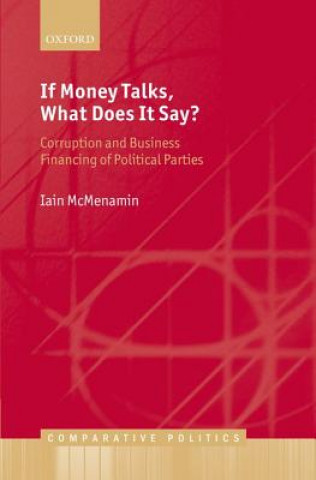
Code: 02536781
If Money Talks, What Does it Say?
by McMenamin, Iain (Senior Lecturer, School of Law and Government, Dublin City University)
Why do businesses contribute to political parties? Is money a universal language? Do business contributions to political parties convey different messages in different countries? This book answers these questions based on inten ... more
- Language:
 English
English - Binding: Hardback
- Number of pages: 192
Publisher: Oxford University Press, 2013
- More about this

You might also like
-

Tajemství hedvábného vějíře
9.16 € -22 % -

La geografía de tu recuerdo
17.32 € -9 % -

Epistemology - The Classic Readings
179.54 €
Give this book as a present today
- Order book and choose Gift Order.
- We will send you book gift voucher at once. You can give it out to anyone.
- Book will be send to donee, nothing more to care about.
More about If Money Talks, What Does it Say?
You get 443 loyalty points
 Book synopsis
Book synopsis
Why do businesses contribute to political parties? Is money a universal language? Do business contributions to political parties convey different messages in different countries? This book answers these questions based on intensive case studies of Australia, Canada, and Germany, as well as data from other countries. Business money does talk politics. In liberal Australia and Canada, the competitive short-term focus of firms generated substantial demand for private goods that could help firms develop an advantage over their rivals. Thus, business financing of parties conveyed a pragmatic message: in exchange for small but certain financial benefits, contributing businesses expect, as a reciprocation, to receive special consideration of their lobbying efforts. Australia's left-right party system created an awareness of policy risk, which motivated ideological payments, but there was no ideological bias in business financing of politics in centrist Canada. In Germany's co-ordinated economy, the most important policies for firms tend to be the public goods defined, championed, and delivered by their business associations. In this context, the pragmatic motivation for contributions to political parties is weak. The combination of consensual political institutions and constrained parties means there is a very low risk of major policy change from election to election. So, there is also little interest in ideological financing of political parties. If money talks, what does it say? places business financing of political parties in the context of debates about political corruption and offers advice on political reform. Comparative Politics is a series for students, teachers, and researchers of political science that deals with contemporary government and politics. Global in scope, books in the series are characterised by a stress on comparative analysis and strong methodological rigour. The series is published in association with the European Consortium for Political Research. For more information visit: www.ecprnet.eu The Comparative Politics series is edited by Professor David M. Farrell, School of Politics and International Relations, University College Dublin, Kenneth Carty, Professor of Political Science, University of British Columbia, and Professor Dirk Berg-Schlosser, Institute of Political Science, Philipps University, Marburg.
 Book details
Book details
Book category Books in English Society & social sciences Politics & government Political parties
176.52 €
- Full title: If Money Talks, What Does it Say?
- Author: McMenamin, Iain (Senior Lecturer, School of Law and Government, Dublin City University)
- Language:
 English
English - Binding: Hardback
- Number of pages: 192
- EAN: 9780199665709
- ISBN: 0199665702
- ID: 02536781
- Publisher: Oxford University Press
- Weight: 440 g
- Dimensions: 240 × 161 × 15 mm
- Date of publishing: 31. January 2013
Trending among others
-
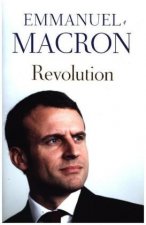
Revolution
13.29 € -22 % -

Hizbullah
15 € -17 % -
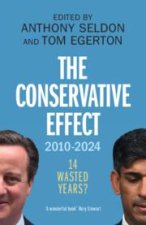
The Conservative Effect, 2010–2024
18.53 € -18 % -
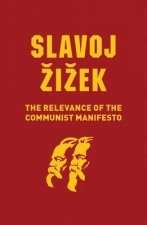
Relevance of the Communist Manifesto
10.27 € -28 % -

LISTEN LIBERAL
16.61 € -21 % -

Network Propaganda
46.04 € -

Centrist Manifesto
13.09 € -4 % -

Hamas and Civil Society in Gaza
51.98 € -7 % -
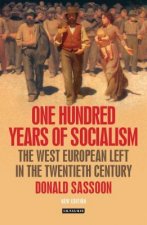
One Hundred Years of Socialism
31.02 € -14 % -

Hezbollah
24.07 € -5 % -

Political Parties
22.46 € -13 % -

No. More. Plastic.
8.25 € -28 % -

Shadow Party
16.92 € -19 % -

Prime Minister
14 € -18 % -

Lost World of British Communism
20.34 € -8 % -

Impostors
12.89 € -

Servants of Wealth
47.45 € -

Politicians and the Egalitarians
15 € -17 % -

Green Political Theory
36.06 € -
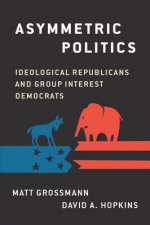
Asymmetric Politics
54.60 € -

Manifestoes
47.24 € -

American Carnage
17.32 € -13 % -
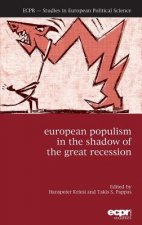
European Populism in the Shadow of the Great Recession
118.18 € -

Where is the Public in Public Art?
49.36 € -4 % -

Party Ideologies in America, 1828-1996
105.99 € -
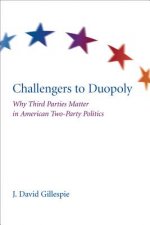
Challengers to Duopoly
32.84 € -

Gujarat Under Modi
39.89 € -5 % -

Carlism and Crisis in Spain 1931-1939
43.72 € -

Lost Prime Minister
160.29 € -7 % -

Die politischen Parteien Afghanistans
84.73 € -

Network Propaganda
139.84 € -
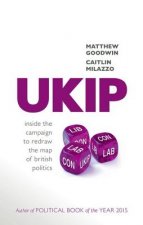
UKIP
38.58 € -

Party Systems and Voter Alignments Revisited
66.69 € -

Seize the Time
25.38 € -4 % -
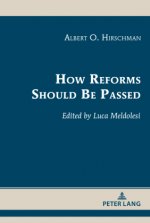
How Reforms Should Be Passed
125.43 € -

Little Platoons
15.10 € -18 % -

Die CDU - eine Mehrheitspartei ohne Mehrheit
49.86 € -4 % -
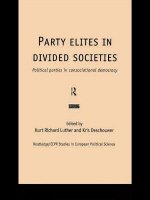
Party Elites in Divided Societies
168.76 € -9 % -
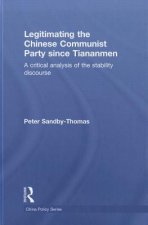
Legitimating the Chinese Communist Party Since Tiananmen
211.38 € -

Radical Right Parties in Central and Eastern Europe
64.47 € -

French Communist Party and the Crisis of International Communism
36.67 € -

Dime's Worth of Difference
14.20 € -16 % -
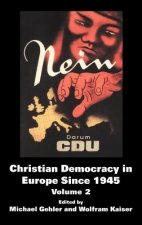
Christian Democracy in Europe Since 1945
211.28 € -
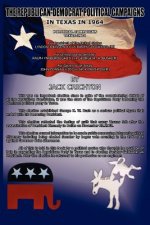
Republican-Democrat Political Campaigns
16.31 € -

Deviae cogitationes
6.34 € -
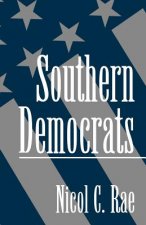
Southern Democrats
34.15 € -
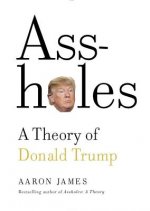
Assholes: A Theory of Donald Trump
13.49 € -21 % -

Shadows Over Europe: The Development and Impact of the Extreme Right in Western Europe
62.36 € -

Informal Politics in Post-Communist Europe
200.29 €
Collection points Bratislava a 2642 dalších
Copyright ©2008-24 najlacnejsie-knihy.sk All rights reservedPrivacyCookies



 15549 collection points
15549 collection points Delivery 2.99 €
Delivery 2.99 € 02/210 210 99 (8-15.30h)
02/210 210 99 (8-15.30h)